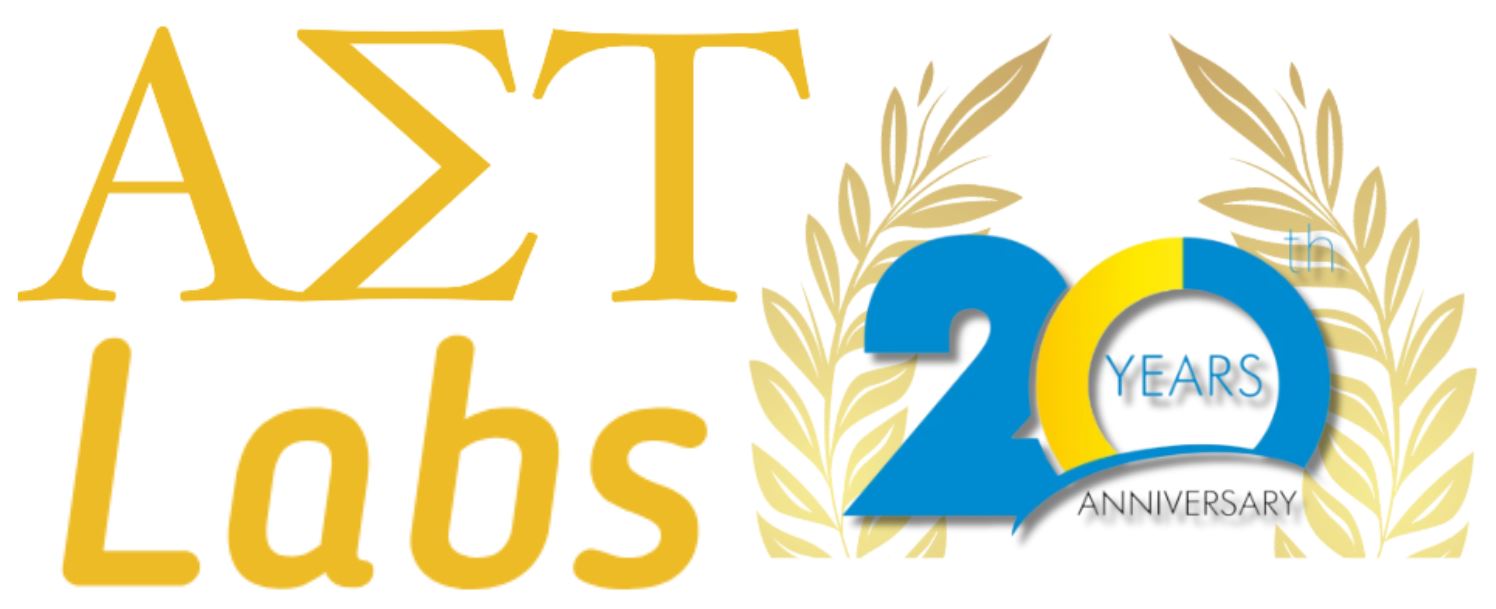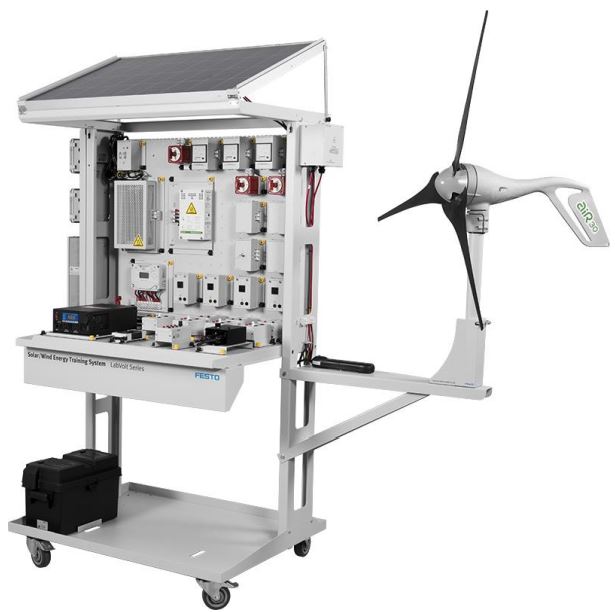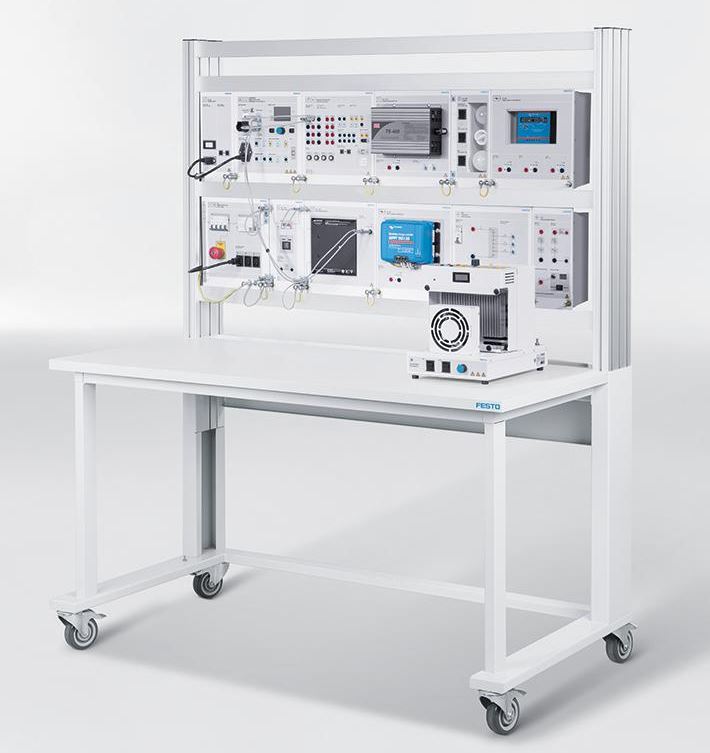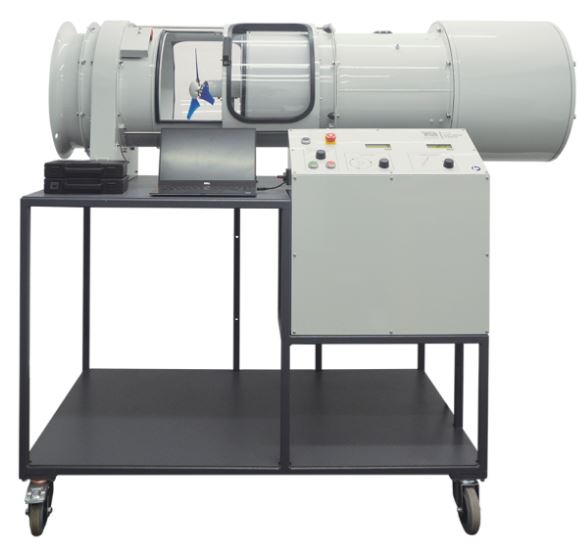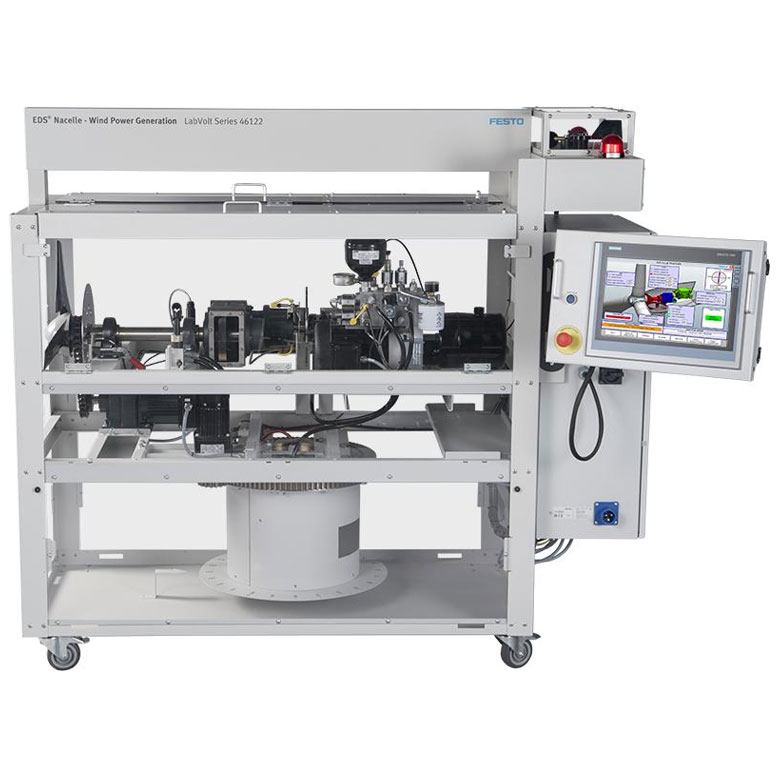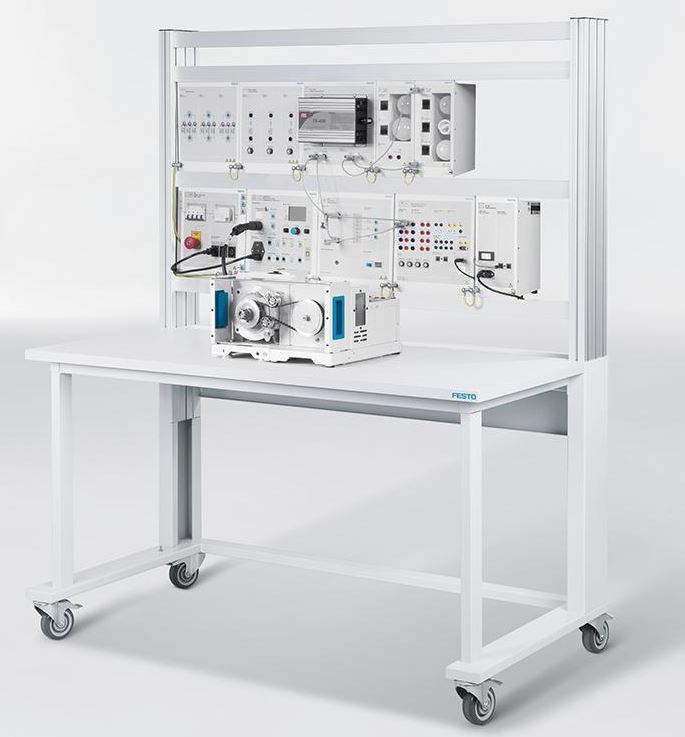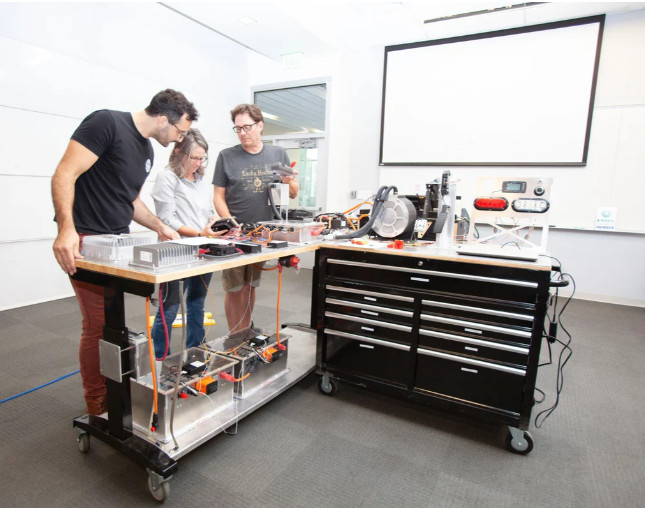In today's world, the need for clean energy is more pressing than ever. As we strive to create a more sustainable future, it is vital that the next generation is equipped with the knowledge and skills to tackle the challenges ahead. This is especially a priority in Massachusetts, a nationwide leader in ensuring clean, reliable, and efficient energy. As a result, clean energy jobs in Massachusetts are growing, and there is an increasing need for students to gain hands-on experience in this exciting field.
By incorporating clean energy training equipment into the curriculum, schools are preparing their students for a future that relies heavily on clean energy and renewable energy sources. From solar panels and wind turbines to electric vehicles, students get exposed to how clean energy works and its potential environmental impact.
Clean Energy Career Opportunities in Massachusetts
Massachusetts is leading the way in innovative clean energy initiatives and policies, contributing to exciting opportunities for new careers. Since 2010, there has been an 80% increase in clean energy jobs in Massachusetts. The most significant job growth has been in electric vehicles, advanced and recycled building materials, and solar.
Clean energy employers in Massachusetts report that it is very difficult to find qualified talent, so educators can play a significant role in helping their students contribute to the local economy.
Benefits of Incorporating Clean Energy Training in High Schools
Integrating clean energy training into high school programs benefits both students and high schools. It provides students with a unique opportunity to explore a rapidly growing field and develop a passion for clean energy technology. Hands-on experience can spark interest in pursuing further education or careers in the clean energy sector.
Clean energy training also enhances students' critical thinking and problem-solving skills. As they work with the training equipment, students are encouraged to think analytically and creatively to solve complex challenges while learning teamwork and collaboration.
For high schools, offering clean energy training can help enrollment by attracting students with relevant and innovative programs that are uncommon in the state. For many regions within Massachusetts, training students with clean energy skills helps communities by contributing to job demand and keeping young adults working and living in the state. There are also multiple opportunities for Massachusetts high schools to receive grant funding specific to clean energy, which helps schools buy new equipment and train instructors.
Clean Energy Training Equipment Available for High Schools
A range of clean energy training equipment is available for high schools, from modular solar panel learning labs to wind turbines to electric vehicle trainers. Let's explore some options for classrooms:
Solar
This solar power learning solution comes in modular packages, starting with the fundamentals of photovoltaic panels and how they work and advancing to actual photovoltaic energy production systems operating in stand-alone or grid-tied operation.
This solar hot water heating system teaches students the basic principles of thermal energy and how it can be collected, stored, and supplied.
Wind
This is a versatile, compact apparatus for teaching the fundamentals of kinetic wind energy conversion into electrical power.
This is a complete scaled-down version of commercial wind turbine nacelles, an excellent substitute for expensive real-life equipment.
This wind energy lab starts with an introduction to wind power using real wind turbine parts in a safe working environment that recreates realistic wind conditions and real power-torque curves. Once the introduction is complete, students experiment with energy production to supply power to AC and DC loads.
Electric Vehicles
Through live measurements, wiring, programming, and system testing, students will develop real-world technical skills aligned with EV Technician standards.
This Prius half is a space-saving, fully functional front-end electrical system with OEM parts.
Strategies for Implementing Clean Energy Training Programs in Schools
Implementing clean energy training programs in high schools requires careful planning and coordination. Here are some strategies to consider:
1. Curriculum Integration: Integrate clean energy training into existing science, technology, engineering, and mathematics (STEM) courses by incorporating hands-on activities into lesson plans and projects. Or, apply to become an Innovation Pathways-designated school in Massachusetts and offer a clean energy program.
2. Teacher Training: Provide professional development opportunities for teachers to learn about clean energy technologies and teaching methods. This can be done through workshops, online courses, or with clean energy organizations.
3. Partnerships: Collaborate with local clean energy companies and community colleges and universities to provide access to clean energy training resources, apprenticeships, and expert speakers. These partnerships can enrich the learning experience and provide students with real-world connections.
Clean Energy Grants for Massachusetts High Schools
Grants help schools implement clean energy training programs with funding to buy equipment and to offer professional development for instructors. Here are three examples of significant clean energy grants available for Massachusetts schools:
Clean Energy Innovation Pathway
Clean energy is the newest addition to the Innovation Pathways program with 6 schools designated for the pilot in the 23-24 year. This pathway was introduced by the Healey-Driscoll administration to inspire the next generation of clean energy experts in Massachusetts with experiential learning opportunities to meet the needs of the Commonwealth's booming clean energy economy.
Massachusetts school districts and charter schools can apply for a Clean Energy Innovation Pathway grant to become a designated pathway school and receive funding to purchase clean energy training equipment. The Innovation Pathways application process typically starts in May.
MassCEC Grants
The MassCEC's role is to accelerate clean energy and climate solution innovation critical to meeting Massachusetts' climate goals. MassCEC has two grant opportunities to help schools prepare students for jobs in clean energy.
The Climate-Critical Workforce Training, Equipment and Infrastructure Grant is to help increase access to modern, relevant training equipment and infrastructure to scale career pathways and upskill Massachusetts residents to advance in climate-critical priority occupations. Awards are available for career pathway training, climate-critical upskilling, and equipment and infrastructure. Application deadlines are typically in January and May.
The Equity Workforce Training, Equipment and Infrastructure Grant is to help schools build and scale career pathways leading to climate-critical priority occupations for individuals from Environmental Justice (EJ) neighborhoods or low-income communities. Awards are available for career pathway training, career awareness, and equipment and infrastructure. Application deadlines are typically in January and May.
The Impact of Clean Energy Training on Students' Career Prospects
Clean energy training has a significant impact on students' career prospects. As the demand for clean energy professionals in Massachusetts continues to rise, students with clean energy training are well-positioned to pursue rewarding careers in the industry, whether installing solar panels, maintaining wind turbines, or fixing electric vehicles.
By investing in clean energy training, schools are preparing students for a sustainable future by setting them up for success in their future careers.
Recommended Equipment for Clean Energy Training
AET Labs can help you bring clean energy training to your New England school. We will help you develop your grant application, find local employer partnerships, and recommend equipment for your program. Contact us today to get started!
